
4 Foods With an Extremely Short Shelf Life After Opening – Don’t Trust the Expiry Date!
4 Foods With an Extremely Short Shelf Life After Opening – Don’t Trust the Expiry Date!
Once opened, these foods spoil very quickly. That’s why you should consume them within a short period of time instead of relying on the printed expiration date on the packaging.
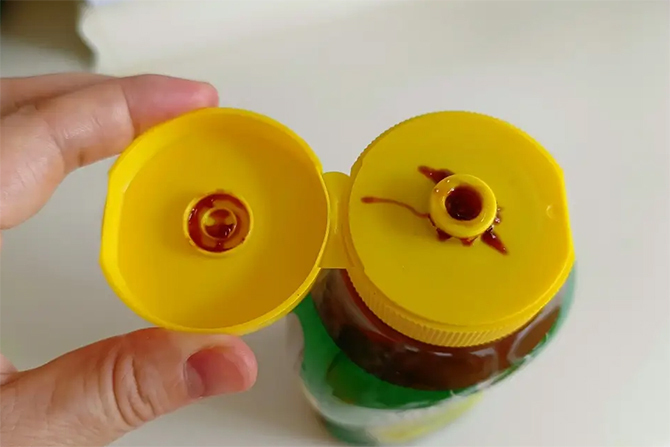
When shopping, checking the expiry date is always the first thing most people do. However, many don’t realize that the date printed on the package is only accurate if the product has never been opened. Once opened, the shelf life shortens dramatically.
So it’s a big mistake to assume that as long as the product is still within its printed expiry date, it can be used safely.
Foods With a Short Shelf Life After Opening
In general, once a package is opened, the product should be consumed as soon as possible. Some foods are especially sensitive to air exposure, and if not consumed quickly, they can spoil and even cause food poisoning.
1. Sauces & Condiments
Condiments are household staples, making dishes tastier without much effort. Typically, these products have a long shelf life—around 1–2 years.
For example, oyster sauce can last up to 18 months unopened. But once opened, it’s a different story. Over time, you may notice a white film around the bottle’s rim, which can eventually turn black—signs of mold and spoilage.
Similarly, ketchup looks fresh and bright red when first opened. But after a month, it may separate into liquid and solids. If you notice a sour, fermented smell, it’s already spoiled.
After opening, the printed expiry date no longer applies. Oyster sauce, ketchup, and salad dressings should be refrigerated and consumed within 1–3 months. Soy sauce and vinegar last longer—about 3–6 months in the fridge. To avoid waste, buy smaller bottles if you use these products slowly.
2. Dairy Products
Milk, yogurt, and cheese are everyday essentials. When unopened, they last until the date printed on the packaging if stored properly. But once opened, that date no longer applies.
Take milk as an example: even if you reseal the bottle tightly, its shelf life shortens immediately. In hot weather, milk can spoil in just a couple of days if left out. Even refrigerated, it should be finished within 3 days. If it smells odd or tastes bitter, it has gone bad.
Yogurt is another example. Unopened, it can last up to 20 days in the fridge. But once opened, it should be consumed within 2–3 days, even if you reseal it. Signs of spoilage include separation, water pooling on top, or a sour, foul smell.
That’s why dairy products should always be consumed quickly after opening—no matter what the printed date says.
3. Cooking Oil
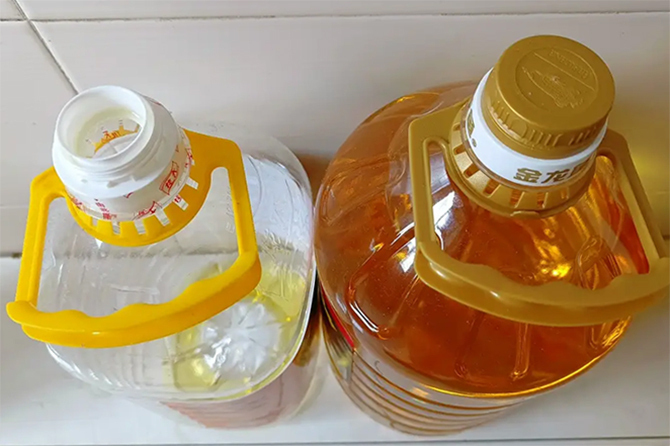
Bottled cooking oil typically has a long shelf life—about 18 months unopened. But once exposed to air, light, and heat, oil oxidizes and turns rancid over time.
Since most households store oil in the kitchen where it’s hot and bright, oxidation happens even faster. Once opened, oil should ideally be used within 3 months. Spoiled oil darkens in color and develops an unpleasant odor and bitter taste, which can harm your health if consumed in large amounts.
4. Bottled Water
Bottled water is common in many households. Unopened, it can last for months. But once opened, the bottle is exposed to air, allowing bacteria to grow—especially in hot summer weather.
If a water bottle is left open for too long, you may notice a strange taste or smell, and drinking it could upset your stomach. It’s best to drink bottled water within 1 week after opening, and no later than 2 weeks. Always store it in a cool, shaded place away from direct sunlight.
Key Takeaway: These foods often spoil much faster once opened. Always follow storage instructions on the label (such as refrigeration and avoiding light), consume them as quickly as possible, and avoid stocking up too much to prevent waste and health risks.
News in the same category

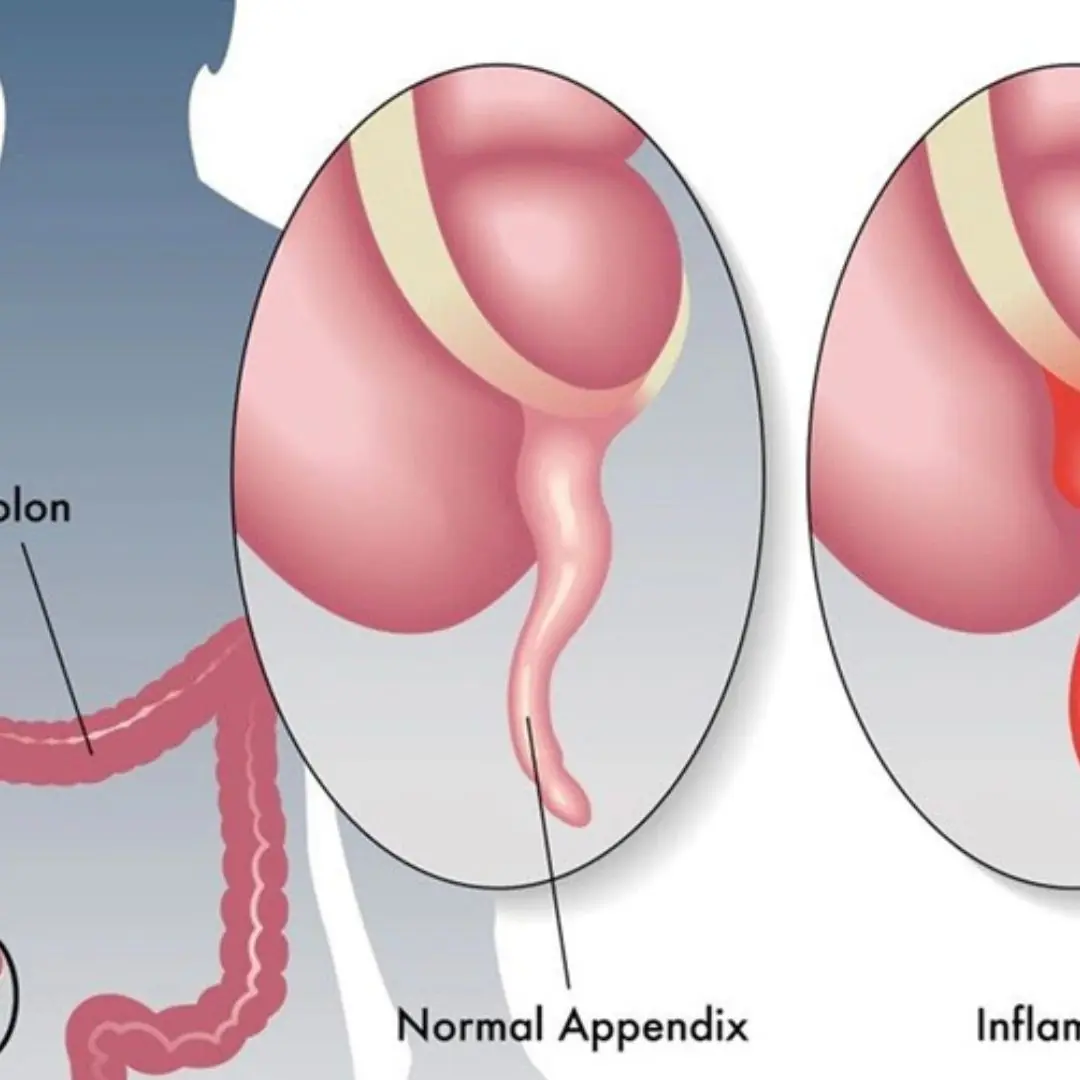
11 most common symptoms and signs as well as effective disease prevention measures

5 harmful effects of sitting cross-legged

Chives: A familiar spice but contains 8 great health benefits

7 surprising effects of drinking warm lemon water in the morning
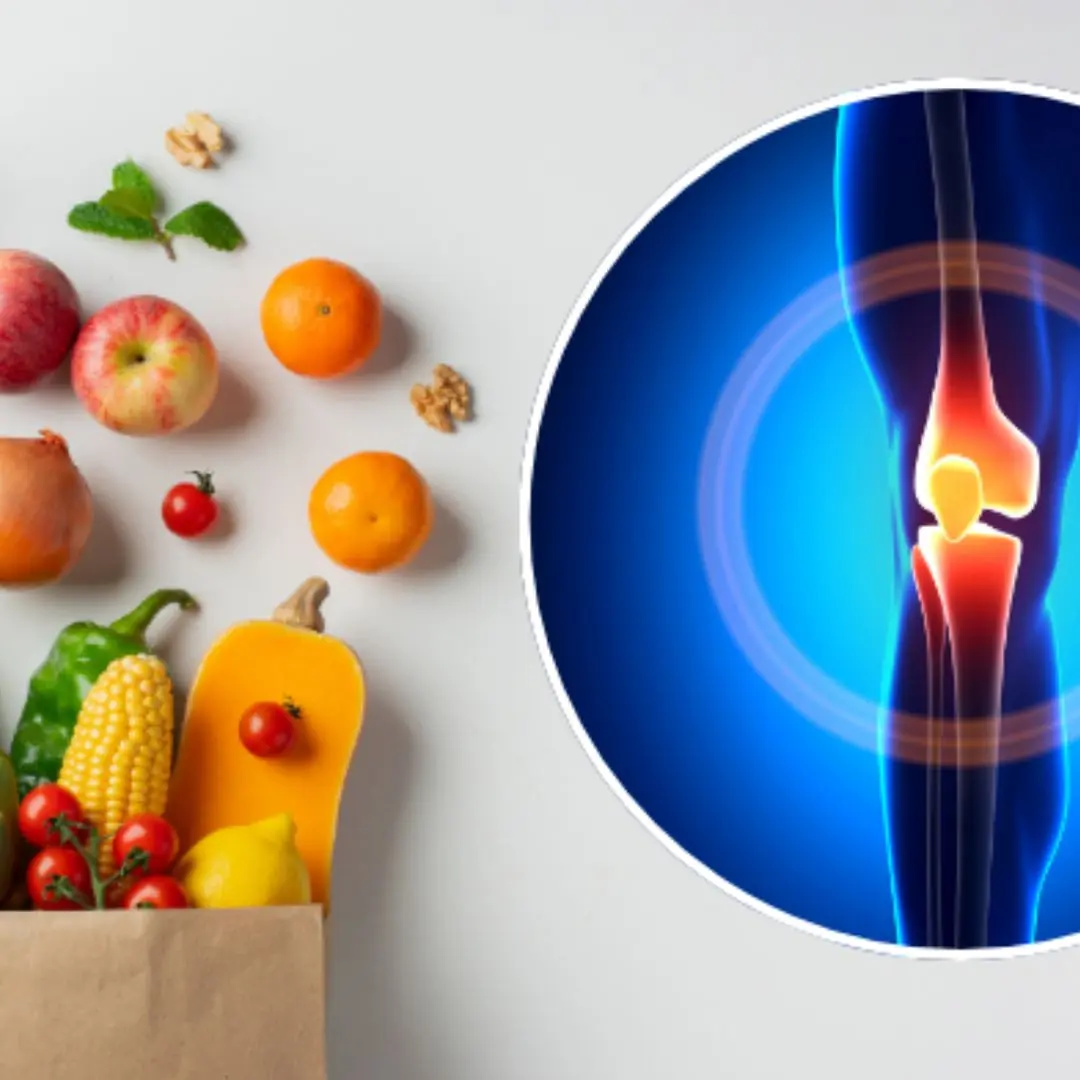
14 Healthy Foods You Should Add to Your Diet to Reduce Joint Pain and Stiffness
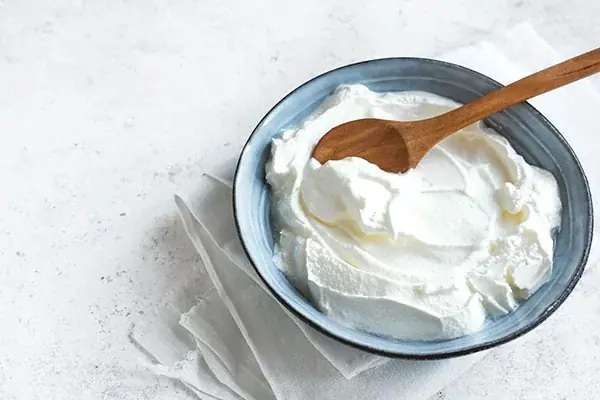
Eating Greek Yogurt Every Morning for 1 Week

5 “Superfoods” That Fight the Deadly Sto.mach Can.cer Bacteria

Just 3 Nights Of Poor Sleep May Raise Heart Disease Risk, New Study Warns
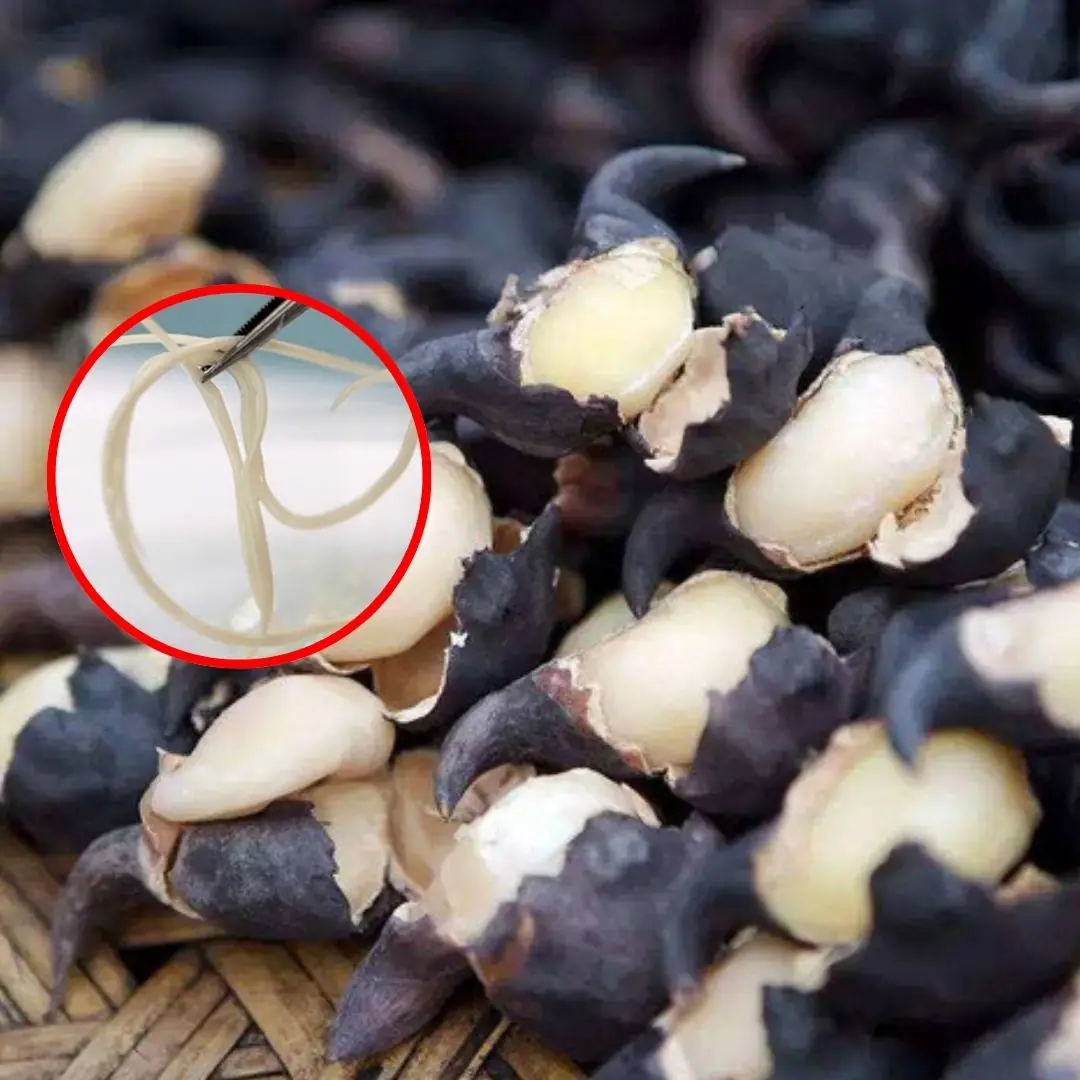
5 vegetables you should never eat raw — they may hide worm nests that turn into parasites in your stomach
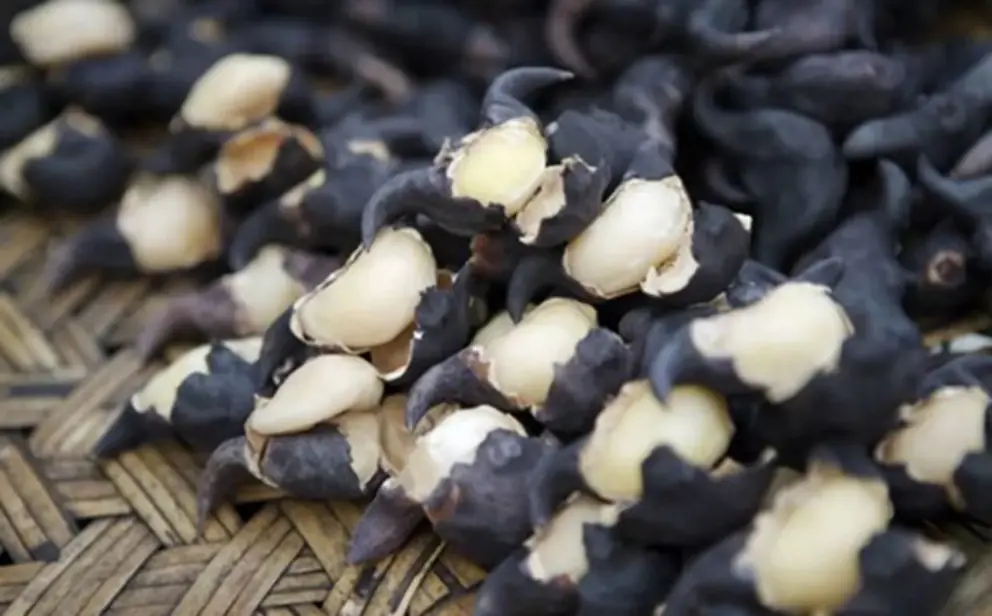
5 Types of Vegetables That Hide “Nests of Parasites”

Don't miss: this nail color may be related to heart and lung disease

Drinking orange juice at these 3 times is both wasteful and harmful to your health

8 reasons why you should not stand while drinking water

5 dangerous habits that are destroying your liver: Quit now before it's too late
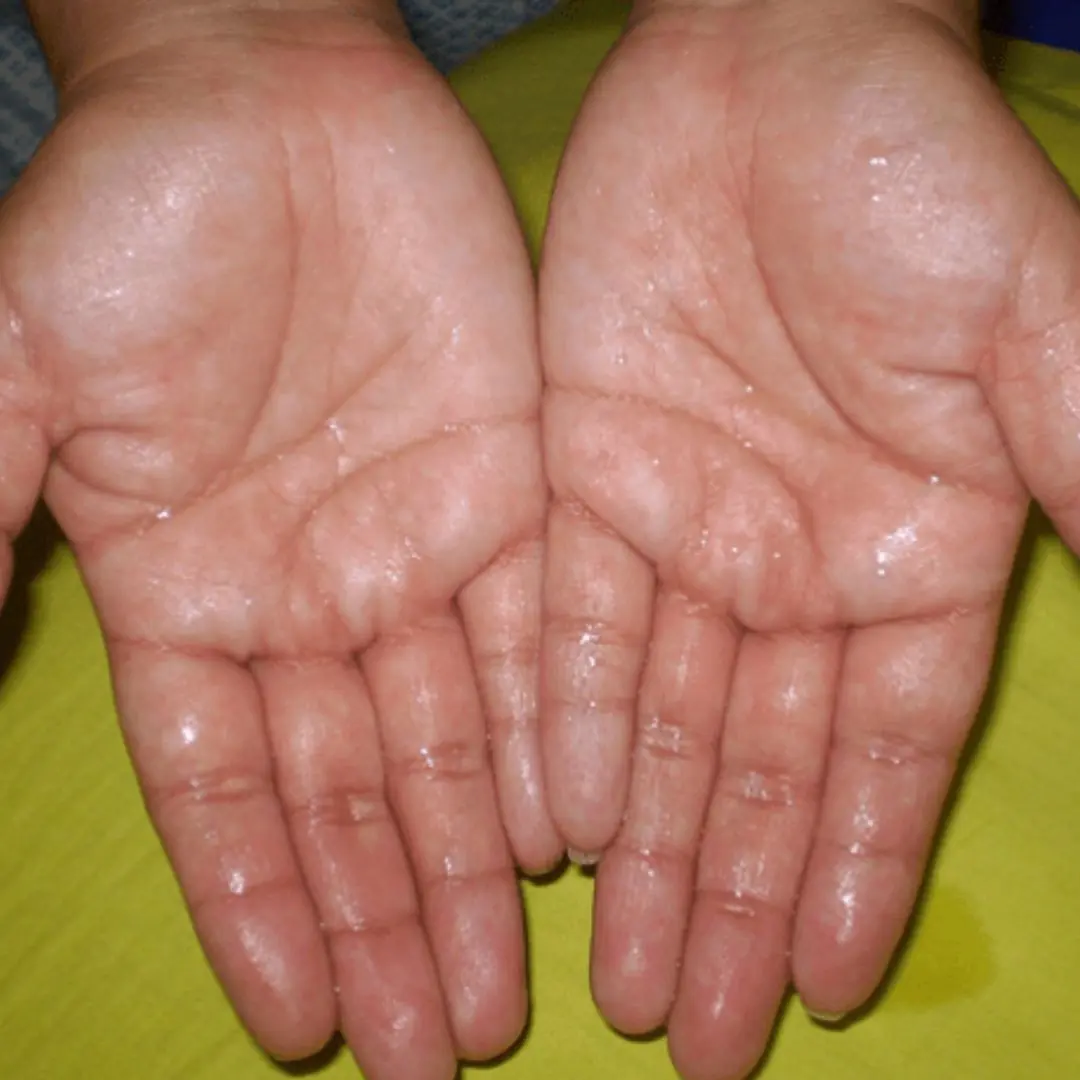
What’s Really Going On When Your Hands and Feet Won’t Stop Sweating?

Cold Feet All the Time? 6 Reasons That Have Nothing to Do With the Weather
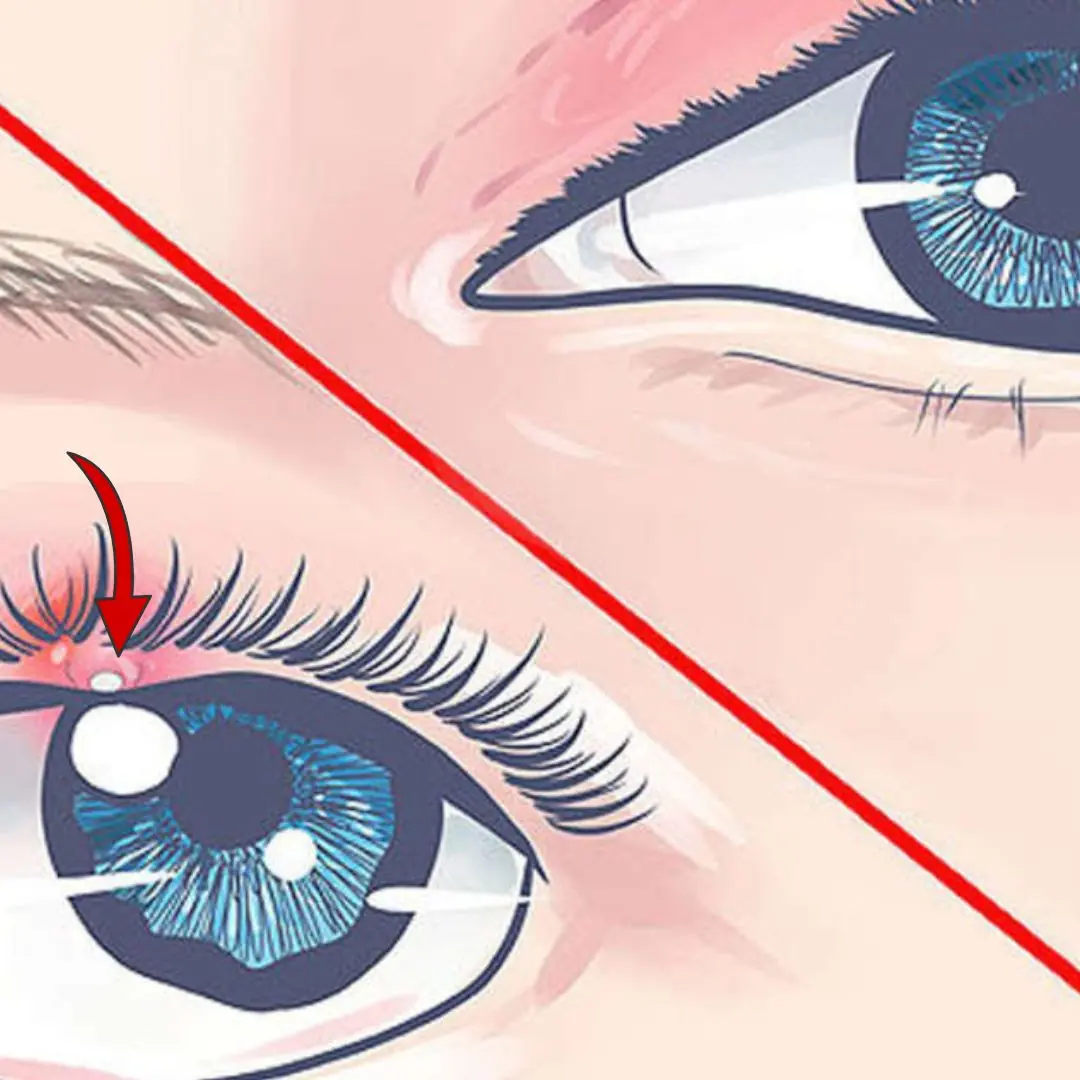
What Exactly Is a Stye — and How Can You Get Rid of It?

6 Types of Food You Should Never Keep Overnight
News Post

5 Foods That Can Wreck Your Kidn.eys Without Mercy

Reasons you should not ki.ll millipedes

11 most common symptoms and signs as well as effective disease prevention measures

Cop comforts toddler during welfare check and 2 years later becomes her father

Identical twin sisters give birth to sons on same day at the same hospital

5 harmful effects of sitting cross-legged

Chives: A familiar spice but contains 8 great health benefits

7 surprising effects of drinking warm lemon water in the morning

Why do elevators have mirrors? The manufacturer gives 3 reasons that surprise many people

14 Healthy Foods You Should Add to Your Diet to Reduce Joint Pain and Stiffness

When A Brown Bug Like This Appears In Your Yard, Immediate Action Is Required

Eating Greek Yogurt Every Morning for 1 Week
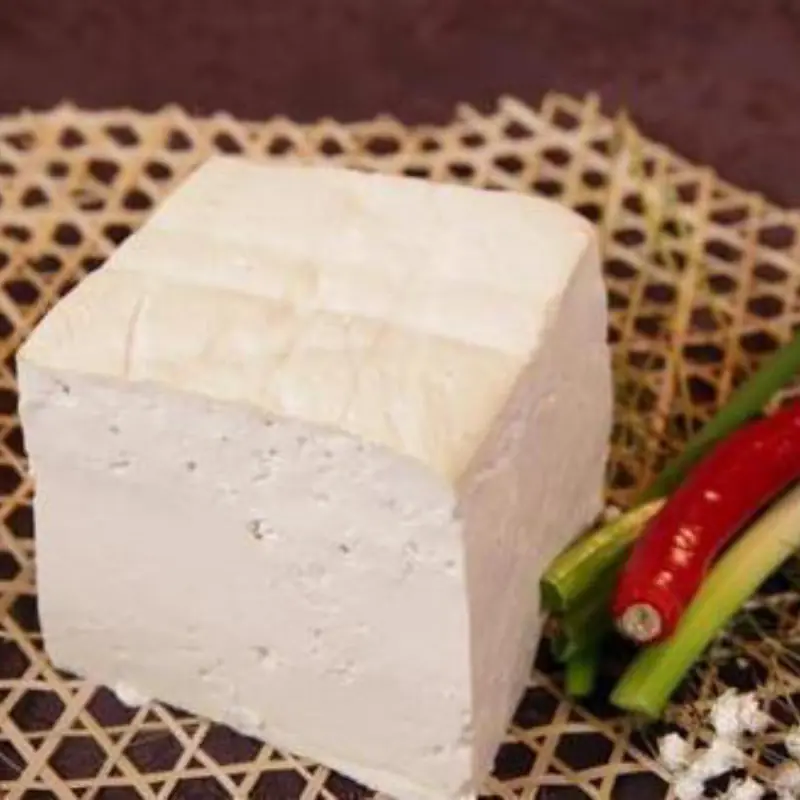
These 5 Foods Can Wreck Your Kid.neys Faster Than Alcohol

5 “Superfoods” That Fight the Deadly Sto.mach Can.cer Bacteria

A love story that defies expectations: Russian man and Nigerian woman raise their beautiful family

Just 3 Nights Of Poor Sleep May Raise Heart Disease Risk, New Study Warns

Fabulous! The newborn baby relaxes to the sound of daddy’s piano

5 vegetables you should never eat raw — they may hide worm nests that turn into parasites in your stomach
